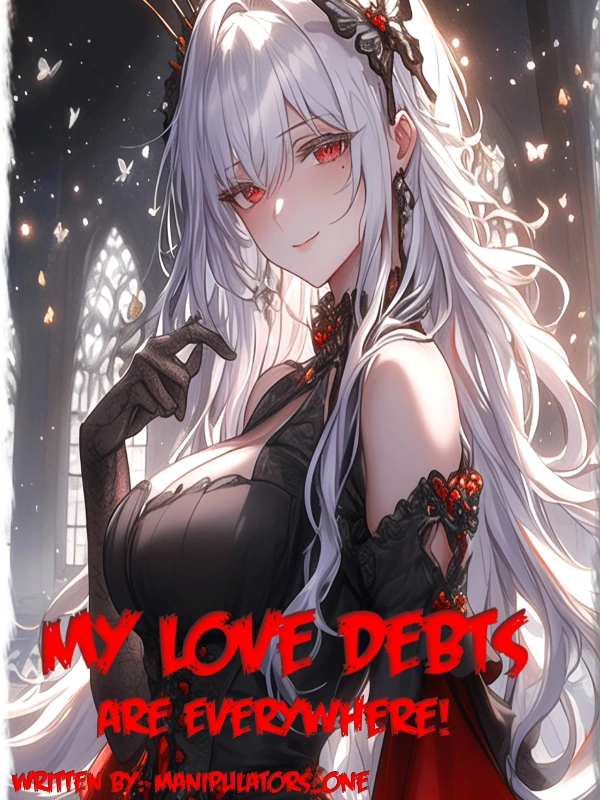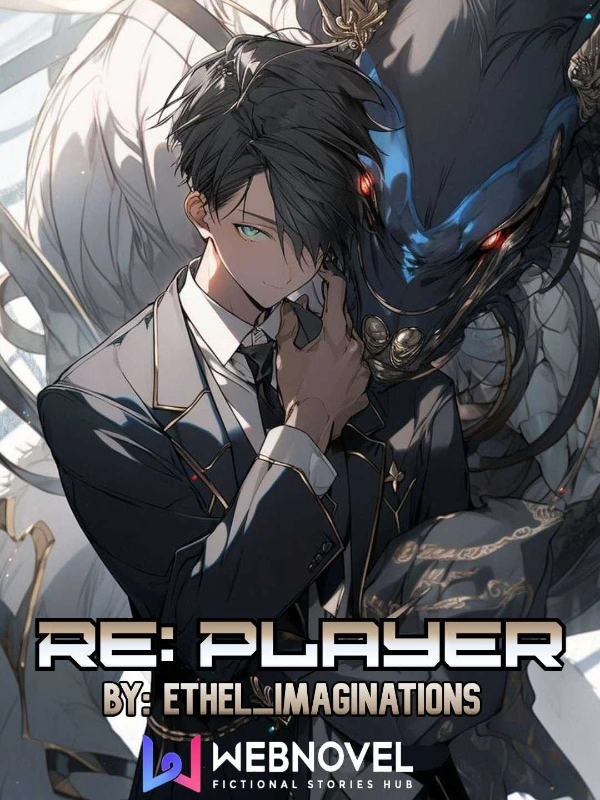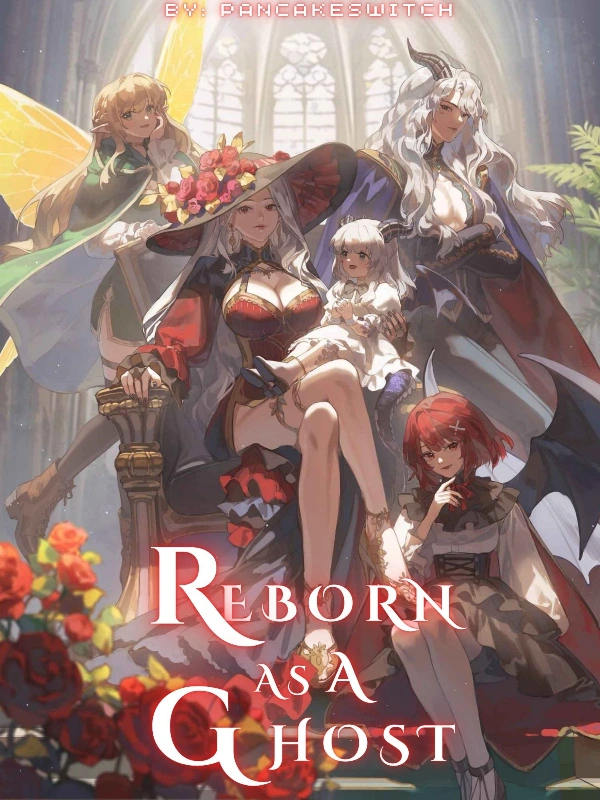Chapter 42: Berlin Race (5)
Translated by Vine | Proofread by Lust
For the latest updates, visit: ProNovels.com
Join our Discord for release updates: https://discord.gg/Eh2ayfR4FB
< German Civil War – Berlin Race (5) >
September 3, 1939
Northern Germany, 3rd Military District Berlin-Brandenburg, Engagement Area near Potsdam
The roar of artillery fire pounded their ears, and the earth-shaking rumble of tank engines filled the battlefield.
[Charge! Charge! Berlin is just ahead! For the Fatherland!]
[Enemy defensive line ahead!]
General of Panzer Troops Oswald Lutz’s unit was engaged in a fierce battle near Berlin.
“For the Fatherland! Heil Hitler!”
An SS soldier, charging towards a tank with a grenade in hand, was reduced to a bloody mess by machine-gun fire, his final words cut short.
“Ugh… Aaargh! Incoming—”
The grenade he dropped tumbled into his comrades’ trench, exploding in a flash of blood and shrapnel.
The defensive line, cobbled together from the Berlin reserves, SS, and police, wasn’t particularly strong, but General Lutz’s unit was suffering significant losses.
[Stukas!]
[Damn it! Vincente’s down!]
Stuka dive bombers screamed down from the sky, transforming tanks into fiery tombs.
Against dive-bombing attacks that directly hit the vulnerable top armor of tanks, the New Government forces, lacking an air force of their own, had no countermeasures.
The infamous “Jericho Trumpet” of the Stukas, the terror of the Allied forces in the early stages of World War II, was now tearing at the ears and morale of their fellow countrymen.
“Don’t hesitate! Don’t waver! Brave panzer troops, our victory is at hand!”
General Lutz, his eyes bloodshot from sleep deprivation and constant movement since the start of the operation, continued to encourage his troops over the radio, but the enemy resistance was growing.
[Enemy armored units at 3 o’clock—]
The report was cut off by an explosion.
[General! Panzer IVs! We can’t match them with our tanks!]
“Damn it. They’re already here…”
The response was faster than expected. Even if they used the railway, they must have prepared and departed almost immediately upon hearing the news. Lutz clicked his tongue in frustration. A transmission came through to his tank.
[Major General Georg-Hans Reinhardt, 4th Panzer Division, 14th Army Corps! Rebel forces, surrender immediately!]
As tank crews belonging to the same German army, they knew each other’s frequencies, and the enemy was using this to urge their surrender.
[General, what are your orders!]
“The operation has failed. If they’re the vanguard, the 10th Army will be here soon.”
General Oswald Lutz, his body exhausted, felt his strength drain away, despite the stimulants and caffeine he had been using. He spoke with resignation.
“Form a defensive line with the infantry units following behind.”
General Lutz and his panzer units had advanced impressively with their early-model Panzer Is and IIs. However, they couldn’t overcome the enemy, who had scraped together all available forces and air support, and their dash towards Berlin was halted.
–
September 4, 1939
Northern Germany, 3rd Military District Berlin-Brandenburg, 10th Army Garrison in Potsdam
The 10th Army, having repelled the New Government’s armored unit advancing on Berlin, wasn’t exactly in a good situation either.
Major General Walter Model, Chief of Staff of the 4th Army Corps, had persuaded a hesitant Brauchitsch to authorize the 10th Army’s movement. He had then brilliantly planned the operation with Friedrich Paulus, the Chief of Staff of the 10th Army, swiftly deploying the 10th Army and successfully halting the enemy advance.
However, his face was devoid of joy. He sat with his head in his hands, listening to the broadcast coming from the radio with a grim expression.
[Thank you for your courage. May I have your name?]
The female voice on the radio was quite familiar to Model. It was Claudia Jung, an acquaintance of his subordinate, Dietrich Schacht, whom he had favored and supported.
When news broke that she was a suspect in the murder of Minister Ribbentrop, Walter Model briefly considered her connection to Schacht but chose to remain silent.
Enjoying the translation? Stay updated with the latest chapters at ProNovels.com.
A soldier does not interfere in politics. That was what he had learned as a direct subordinate of General von Seeckt, and it was a principle he had adhered to his entire life. Besides that, he didn’t want to suspect a subordinate he valued.
[My name is Julia. Julia Bauer.]
[Ms. Bauer, is it? Ms. Bauer, how did you end up imprisoned in Buchenwald?]
[I, I don’t really know. I was just a housewife living in Dresden. I only heard that my cousin had offended Dr. Goebbels.]
Ms. Bauer clearly sounded like an ordinary person who had never been interviewed before, but Claudia conducted the interview skillfully.
[I see. Ms. Bauer, what did you experience there?]
[It was hell. We were barely allowed to wash or eat properly, and we were forced to do hard labor. I don’t know how many people died from working until their last breath. Those who said they couldn’t work anymore were killed in horrific ways.]
Standing before General Model, who was listening to the radio with his head in his hands, were Clemens Pfleck and Roger Michael, Dietrich Schacht’s classmates from his enlistment and the War College.
[That’s horrific.]
[I-I will never forget it. A pastor from Austria, who said it was wrong to force people into hard labor, was crucified upside down on a cross and left to die. One day, they stripped a woman naked and threw her into the guard dog pen as food because she pleaded that she couldn’t work anymore! Sob…]
[It’s alright, Ms. Bauer. You’re safe now.]
[Why did we have to suffer like that? We weren’t Jewish! We were just ordinary Germans! What did we do wrong to be dragged to that place and…]
Ms. Bauer on the radio finally broke down in tears. After a moment of Claudia comforting her, a male voice, familiar to everyone present, came on the air.
[The Nazi regime constantly spoke of enemies within Germany. First, it was the Jews and communists, then the social democrats, then the trade unions! Once they were all arrested and there were no more enemies to hate, they cried for war, suppressing and massacring anyone who opposed the regime!]
Clemens looked bewildered, hearing the unfamiliar voice of the man he had considered a close friend.
[We must now face the truth! It is not the enemies of Germany that they spoke of, but they themselves who are the greatest threat to Germany! What we, the New Government, are waging is not a struggle for power! It is a fight for the freedom and survival of Germany!]
Model, listening to the voice of his cherished subordinate, Dietrich Schacht, slowly reached for the radio knob.
[Subjugation under dictatorship, or freedom against oppression! We are at a crossroads! Those who choose freedom, join the New Government! The Free Corps welcomes you—]
Model turned off the radio and chuckled.
“I didn’t know he had such a talent for this. I should have recommended him as a politician, not a General Staff officer.”
Clemens Pfleck and Roger Michael broke out in a cold sweat at their superior’s joke.
Model sighed, leaning back in his chair, and asked casually,
“Did you two know?”
“I wasn’t directly asked, but thinking back, it seems he did sound me out a few times.”
“Uh, me too, sir. I didn’t respond positively, so…”
Model laughed hollowly at their answers.
“I see.”
He had thought he was finally recovering from his demotion, only to find that the subordinate he had personally recommended was now a major and spokesperson for the rebels, or rather, the New Government.
It was an act of utter ingratitude, but for some reason, Model didn’t feel angry.
Soldiers do not interfere in politics and are unconditionally loyal to the regime. Despite his beliefs, he was a man who listened to his subordinates’ concerns and offered sincere advice.
Model was not so indifferent that he couldn’t understand why his cherished subordinate was doing this, even after hearing the New Government’s radio broadcast.
Dietrich Schacht had been described as somewhat emotional since Spain.
It was outrageous that he had done this without a word, but even if he had spoken up, Model wouldn’t have complied.
Was he unaware of the reality of the Nazi regime? He wasn’t entirely unaware. He had simply chosen not to pay attention, not to seek knowledge.
But even he, who believed in unconditional obedience to the regime, no longer felt like labeling the New Government forces as rebels and ordering their suppression.
Enjoying the translation? Stay updated with the latest chapters at ProNovels.com.
Walther von Reichenau’s 10th Army had defeated the New Government forces advancing on Berlin, but the morale of his subordinate units, who were supposed to launch a counteroffensive, was plummeting, and insubordination was rampant.
The Wehrmacht, the iron fist of the Nazi regime, was being held back not by armored units, but by civilians and journalists who had suffered under the Nazi regime.
–
September 5, 1939
Central Germany, 9th Military District Kassel, Frankfurt Radio Station
The Frankfurt radio station, under the control of the New Government, was broadcasting continuously. The hosts and interviewees changed, but the broadcasts never stopped.
When Claudia got tired, Editor-in-Chief Heuss took over, and when he got tired, Branch Manager Havenstein took over. There were plenty of people to conduct the interviews.
“Former Mayor of Cologne, Konrad Adenauer, it’s an honor to meet you.”
“Hah, drop the title the Nazis illegally took from me. I’m currently serving as the Provisional Governor-General of Cologne-Ruhr for the New Government.”
Between broadcasts where concentration camp survivors exposed the Nazis’ atrocities and found solace, we interspersed interviews with prominent political figures.
“Aha, I understand. Governor-General Adenauer, how did you come to join the New Government?”
“When I was serving as the Mayor of Cologne, Hitler became Chancellor and the first thing he demanded was to raise their flag, the swastika. I refused, and then Hitler himself wanted to meet me, which I also refused. So they dissolved the Cologne City Council, seized my house, and confiscated my accounts, claiming I had abused my power as mayor.”
Adenauer, with a lot of pent-up frustration, spoke in his characteristically blunt and gruff manner. Even the interview-savvy Claudia seemed slightly overwhelmed, which was a novel sight.
“I was released quickly because they arrested me without any real evidence. But after that, they kept harassing and threatening me, saying I was engaging in some kind of anti-Nazi activity. What power does this old man have to warrant such attention?”
“That must have been difficult.”
“Difficult is an understatement, it was infuriating. Everyone knows that Rhinelanders aren’t kind. And I’m from the Rhineland. Since those bastards kept saying I was engaging in activities against them, I decided to actually do it and joined the New Government!”
People around us chuckled at Adenauer’s words.
“There are all sorts of people in this New Government. Liberals, a bunch of Prussian Junkers whom I dislike, and even social democrats, whom I used to curse as reds back in the Weimar days.”
“Heehee, yes. We didn’t particularly like Governor-General Adenauer either.”
Adenauer scoffed at Claudia’s words and finished his statement.
“I never imagined we’d all be working together like this, but we have gathered with a single goal. To oust the dictator who has ruined Germany, I am willing to lend this old hand, even to those I dislike.”
“Cooperation despite ideological differences, for the sake of freedom. Thank you for your words, Governor-General Adenauer.”
I applauded and gave a thumbs-up to Claudia and Governor-General Adenauer after the interview.
Of course, I wasn’t confident that I could win a one-on-one debate against Goebbels, the genius of propaganda.
But why engage in such a reckless confrontation, like a dictator, while pursuing liberal democracy?
The victims of Nazi atrocities were endless, and the number of volunteers for interviews, initially small, was increasing day by day.
The German people under Nazi rule weren’t completely without grievances. They simply kept their mouths shut because they had no means or method to speak out.
Who said it? Democracy is the tyranny of the majority.
Instead of recklessly confronting them head-on, we were pushing forward with sheer numbers, fair and square.
Enjoying the translation? Stay updated with the latest chapters at ProNovels.com.
Goebbels’s brilliant speeches and the frenzy of his audiences were the result of his genius, but also of meticulously controlled and prepared staging.
But we could disrupt his carefully crafted plans simply by interviewing anyone who had been harmed by the Nazis.
The interviewees’ lack of experience made them more relatable and genuine to the people tired of the Nazis’ flamboyant propaganda. Their grief and anguish were raw accusations that needed no elaborate preparation from us.
No matter how brilliant a propagandist Goebbels was, it was impossible for him to refute the countless personal accounts being shared all day long.
It would be even more difficult for a totalitarian dictatorship to broadcast emotionally charged programs featuring ordinary people.
The leadership had expressed considerable concern about our plan. However, the broadcasts, which had begun thanks to the support of the Abwehr, including Admiral Canaris and Colonel Oster, and Beck’s approval, were a resounding success.
The monarchist conservatives, initially displeased with the broadcasts, shut their mouths as the Free Corps swelled with civilian volunteers and donations poured in.
Ludwig Beck and Admiral Canaris even promoted me to major, stating that my rank was too low for the broadcasts.
Having gained their trust, I included key figures from each ideological faction in the interviews to broaden the spectrum of forces joining the New Government.
“I never thought I’d see the day I’d be on the same side as you.”
“I never thought you Marxists had enough sense to abandon your ideology.”
I chuckled, watching Kurt Schumacher, a key leader of the Social Democratic Party, still in a wheelchair after his ordeal at Dachau, shake hands with his long-time rival, Adenauer, albeit reluctantly, after their respective interviews.
Knowing how much those two had vilified each other as political rivals in West Germany, it was quite a sight from my perspective, knowing history.
In any case, the civil war had entered a new phase.
Manstein’s operational plan had certainly helped us quickly seize control of western Germany, but it was unrealistic to expect a blitzkrieg without air superiority to capture Berlin.
Our forces were simply too small to aim for a military victory, and the enemy had a constellation of brilliant Wehrmacht generals.
But with the Ruhr and public opinion on our side, the story was different.
No matter how powerful the Nazi Wehrmacht was, it was meaningless if it didn’t follow their orders. Our forces would steadily grow, receiving ample supplies from the Ruhr.
As I was thinking this, Branch Manager Havenstein called me.
“Captain Schacht…ah, Major. Headquarters wants you.”
Why would the higher-ups be looking for me?
“Crown Prince Wilhelm will be arriving in Frankfurt soon.”
Ah, what was coming, has come.
< German Civil War – Berlin Race (5) > End
ⓒ Carcassonne
=======================================
For the latest updates, visit ProNovels.com. Join our Discord for release updates: https://discord.gg/Eh2ayfR4FB.




















